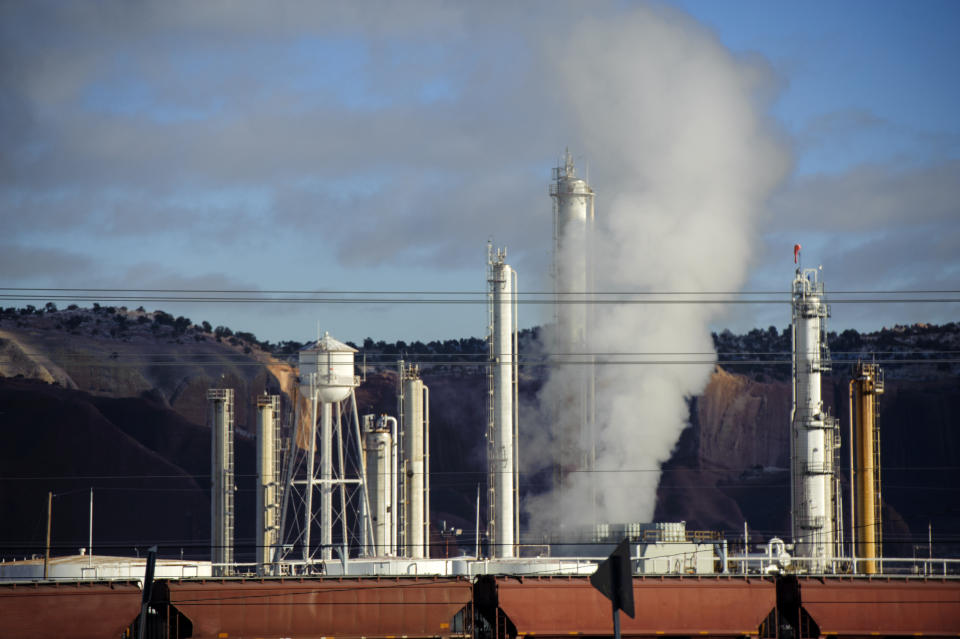Energy consumption growing at dangerous rate: warnings

An international agency has sounded the alarm over the planet’s energy consumption, which has grown at nearly twice the average rate since 2010.
A report from the International Energy Agency (IEA) found that the “robust global economy”, combined with higher heating and cooling demands, were the main factors.
“Energy consumption worldwide grew by 2.3 per cent in 2018, nearly twice the average rate of growth since 2010,” the Paris-based group warned this week.
IEA noted that while consumption of renewables grew at a double-digit pace in 2018, fossil fuels were responsible for 70 per cent of the growth in energy consumption.
And it’s bad news for the planet.
Related story: The 22 Aussie companies actively undermining the Paris climate goals, revealed
Related story: Atlassian CEO’s ‘Fair Dinkum Power’ movement to pressure Federal government on climate policy
Related story: RBA: Climate change will have ‘first-order economic effects’
Global energy-related C02 emissions increased by 1.7 per cent, hitting a new record.
The Agency also analysed the impact of CO2 emissions, finding that CO2 emitted from coal combustion was responsible for an incredible 0.3°C of the 1°C increase in the global average surface temperatures above pre-industrial era.
“This makes coal the single largest source of global temperature increase,” the analysts said.
You’re not imagining it – our summers are getting hotter and our winters colder
Concerningly, the report also observed the connection between carbon emissions and weather changes.
As humans experience hotter summers and colder winters, the use of heating and air conditioning will also increase.
This in turn, leads to a greater energy consumption and demand for fuels and power sources, in turn injecting more emissions into the atmosphere.
The emissions produced then make the weather changes more extreme, propelling the dangerous cycle forward.
It’s a problem that even has billionaire entrepreneur Richard Branson concerned. He’s pledged $US3 million to encourage innovation in the air conditioning sector, claiming the $US100 billion market is resting on its laurels and is catastrophically inefficient.
“Worldwide, by 2030, extreme heat could lead to a $2 trillion loss in labor productivity,” he explained in his blog earlier this year.
“India’s economy alone stands to lose $450 billion (not to mention the 200 million Indians exposed to dangerous heat conditions each year).”
And air conditioning systems have not evolved in the same way as other products, noted the Virgin founder.
“We … need to raise the technology ceiling,” he continued.
“Commercial LED lighting has achieved nearly 70 percent of maximum theoretical efficiency. Solar panels have reached 40 per cent.
“I’m no AC expert, but 14 per cent seems pathetic.”
Growing concerns
More than one million students, activists and children went on strike on 15 March to protest against government and multinational-corporation inaction against the impending threat of climate change.
The Reserve Bank of Australia also warned this month that climate change will likely have a permanent effect on Australia’s economy and landscape.

 Yahoo Finance
Yahoo Finance 